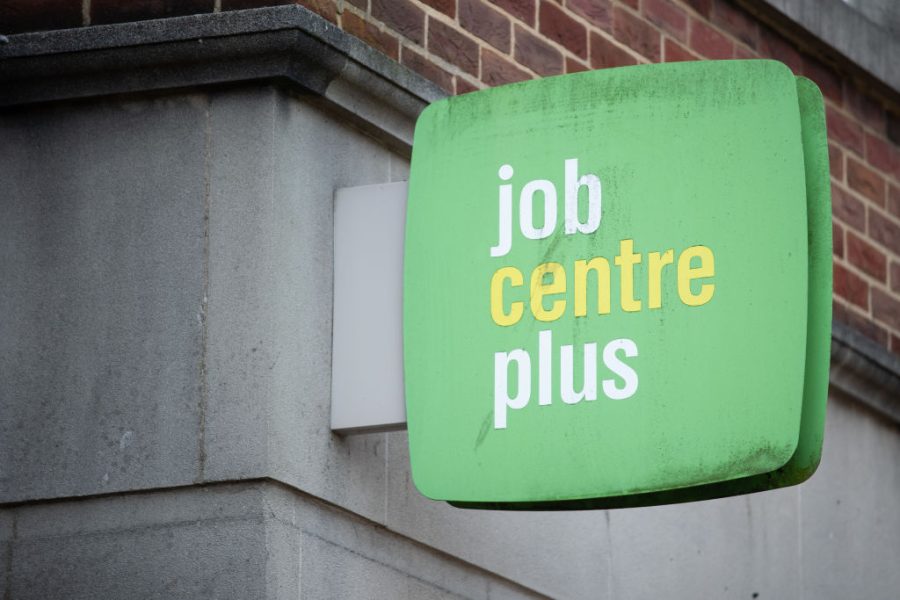Is it any wonder that the economy is struggling in spite of an apparently booming jobs market, with employers finding it difficult to hire recruits and average earnings rising by 5.9 per cent in the past year? Here is a shocking statistic which goes a long way to explaining the apparent paradox: there are now 3.1 million people claiming Universal Credit with no requirement to seek work – a number which has doubled in just three years.
We have to be careful with the absolute numbers, because as benefit claimants are gradually moved onto Universal Credit the figures are bound to grow. But as the chart from the Department for Work and Pensions’ latest release on Universal Credit shows, it isn’t just the number of people who are claiming Universal Credit with no requirement to seek work which is growing – the proportion of Universal Credit claimants in this category is also growing sharply.
We are being asked to believe that there are over 3 million people of working age in Britain – nearly 10 per cent of the total – who are officially too sick to perform any kind of paid work whatsoever. Does that really sound credible, that in an age when we are notionally healthier than we have ever been – or at least we are living longer than we have ever done – that nearly a tenth of adults are invalids?
The alternative explanation is that a system designed by the last Conservative government to get people off benefits and back to work – Universal Credit – has backfired spectacularly. Far from encouraging people into work it is trapping them on benefits. As the Learning and Work Institute observes this morning, hardly anyone who receives long-term sickness benefits gets off them – just 1 per cent of people in this position were found to be in any kind of work six months later.
Interestingly, the sharp rise in people out of work and on sickness benefits has continued during a period when more and more people have been working from home. The ability to work from home ought in theory to increase the numbers of sick and disabled people who are able to contribute to the economy because it eliminates the problem of travelling to work. Compared with a couple of generations ago, a far higher proportion of the population is engaged in sedentary occupations rather than manual occupations. This, again, should have increased employment opportunities for people with mobility issues, yet there is no sign of it helping to reduce the numbers being signed off as too sick to work.
As has been noted before, the rapid rise in the numbers of people being signed off as unfit to work has coincided with a dramatic fall in the number of work capability assessments (WCAs) which are being carried out face to face. Even in March 2020 – the month the first Covid lockdown began – 62 per cent of WCAs were carried out face to face. In December 2024 it was just 10.4 per cent – with 70.4 per cent carried out by telephone, 6.5 per cent by video call and 12.6 per cent entirely paper-based. The proportion of WCAs carried out face to face is lower now than it was in 2022, in the immediate aftermath of the pandemic. It is hardly to escape the conclusion that people are being routinely signed off sick because they are not being properly assessed. That doesn’t necessarily mean that most claimants are playing the system, but that somehow the system is failing to do its job.
To be fair to Work and Pensions Secretary Liz Kendall, she does seem to appreciate the problem and has pledged to put it right. Whether Lord Hermer will allow her to is another matter. But somehow the government has to get this right. It isn’t just a case of cutting the welfare bill, but of providing the economy with an adequate workforce. Without a properly reformed welfare system the economy is going to struggle to grow.








Comments